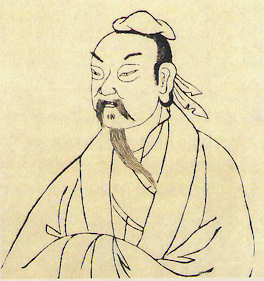
Content created: 2015-07-07
File last modified:
Go to bilingual version.


Just as health and illness have never been far from the attention of religion in human history, so knowledge, happiness, and death have never been far from philosophy. Early Daoist philosophers challenged both concepts. How can anyone tell what happiness really consists of? If people think something makes them happy is it because they are unaware of alternatives? Why does so much human attention to happiness seem to involve trying to avoid death? What if death is the ultimate happiness? If we cannot know, should we be so confident about our assumptions?
In contrast to Buddhism, which stresses that happiness cannot last, and that the end of any particular joy will be sorrow, Daoism stresses that we cannot know much of anything, that joy and sorrow may not be what they seem, and that sleep and wakefulness, death and life, are perhaps all mere functions of our ignorance of how the universe really works.
This passage contains the full text of Chapter 18 of the work attributed to Zhuāngzǐ, including two of his most famous stories. It begins by raising the question of happiness. What makes other people happy is not the same as what makes Zhuāngzǐ happy. That is true for most of us, so it is easy for a reader to relate to, in spite of its slightly condescending sound.
But mixed up with happiness is anxiety about misfortune and death, which leads to a discussion about death and our ignorance of it. Zhuāngzǐ doesn't claim to understand death any better than anybody else does, but he seems pleased at least to point out that he doesn't.
The English translation here is inspired by the 1891 rendering by James Legge in The Texts of Taoism, but little resembles it. It may be freely used for educational purposes. The marginal index numbers have been arbitrarily added to facilitate class discussion.